The rotten remains of shark corpses are becoming a familiar site on a stretch of South African coastline, after a pair of "infamous" shark-hunting orcas made their biggest killing spree to date.
WARNING: Images below may disturb some readers
From February 3 to February 22, 17 dead shark carcasses have washed ashore the Gansbaai coast, east of Cape Town.
Each shark is a victim of two male orcas, or killer whales, called Port and Starboard.
READ MORE: Collapse of Australian trucking giant puts 1500 jobs at risk
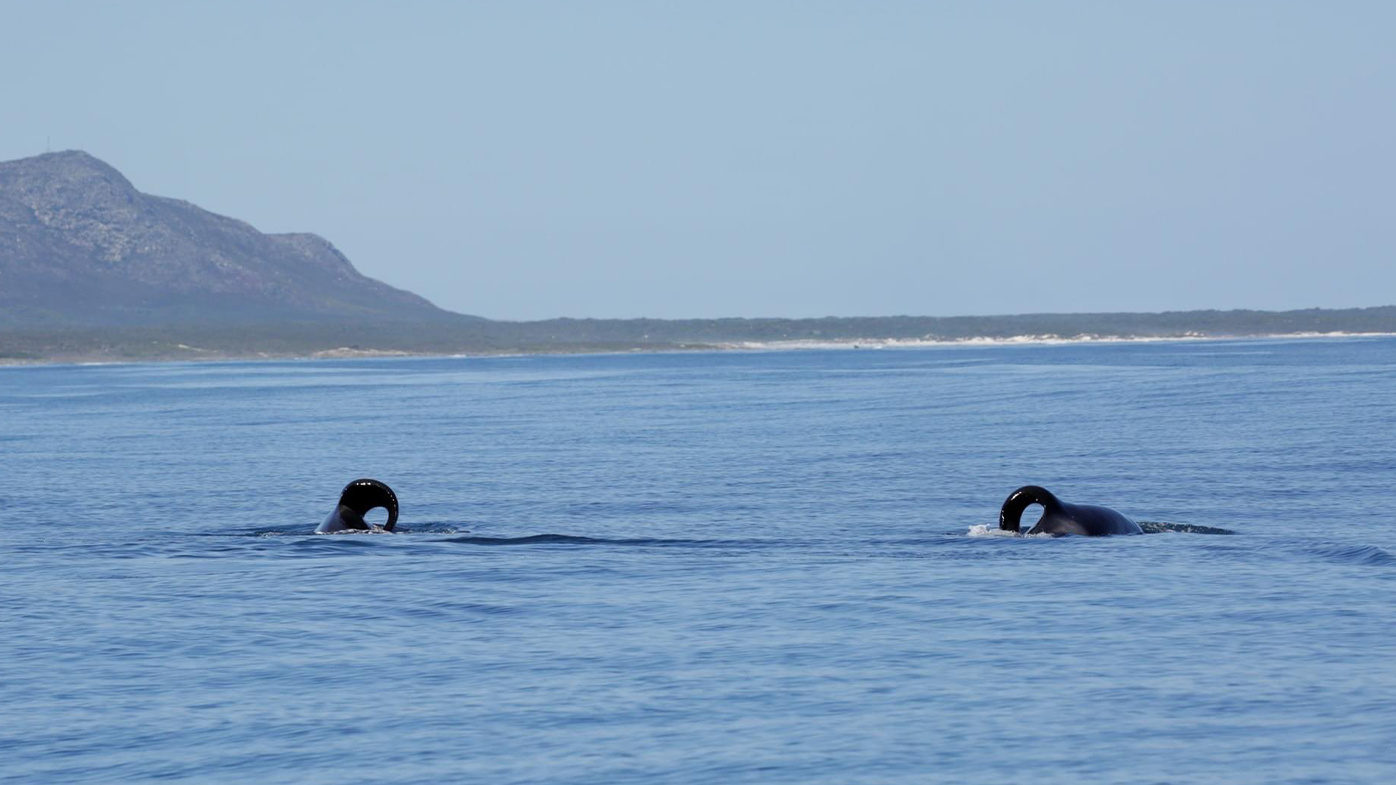
Sign up here to receive our daily newsletters and breaking news alerts, sent straight to your inbox.
The pair are known to feast on several shark species, including great white sharks, and were witnessed "repeatedly diving" in the area on Sunday, February 21 - two days before 11 dead sharks washed ashore.
Of the 17 victims, 16 were sevengill sharks, and the other, a spotted gully shark.
Each sported similar gruesome injuries.
READ MORE: Man shot dead inside police station in Sydney
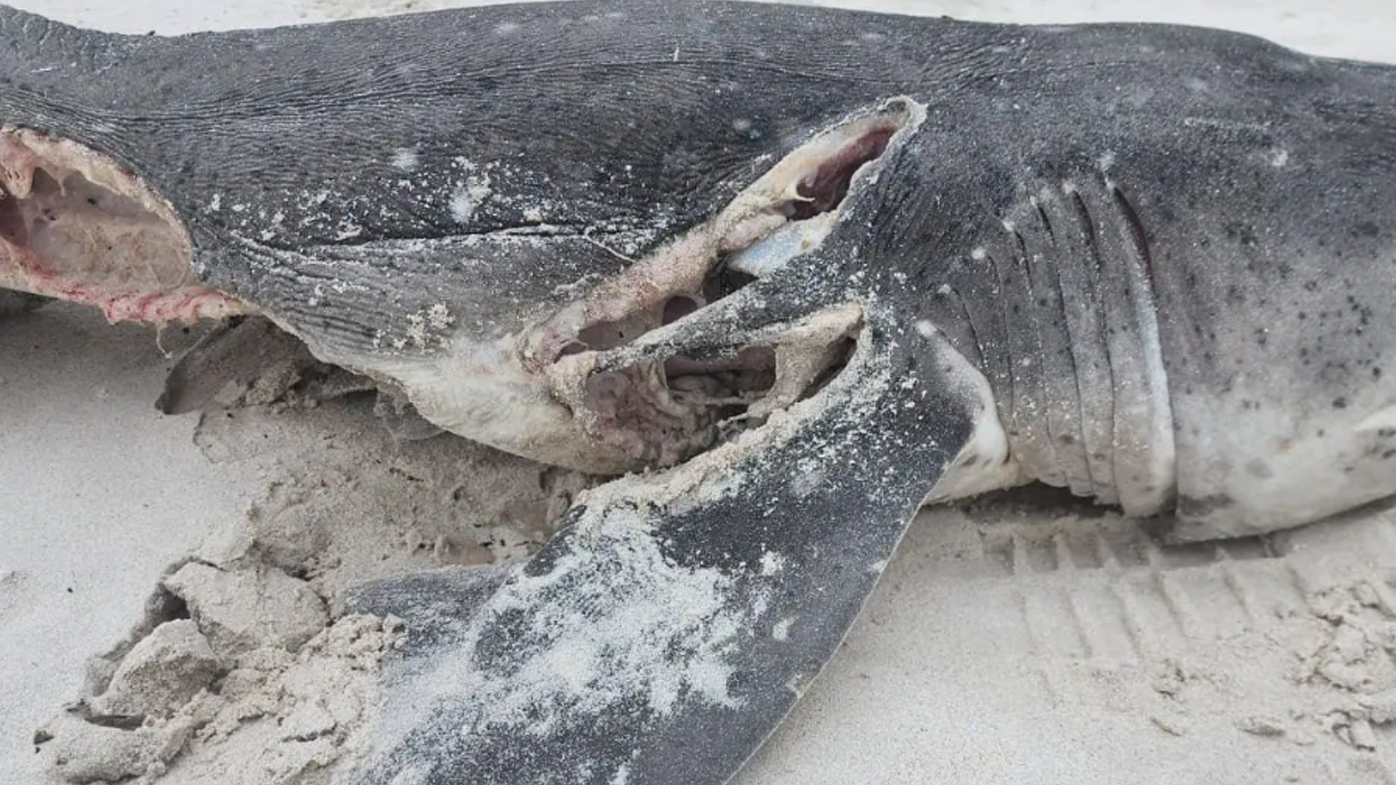
Alison Towner, senior white shark biologist at the Dyer Island Conservation Trust and lead researcher into the orcas, performed the shark necropsies alongside Ralph Watson of Marine Dynamics Academy.
"Each sevengill shark was torn open and missing its liver, they were all females measuring between 1.6-2.3 meters and had similar injuries to those killed in False Bay by the same orca pair," she said.
"This is the largest amount of sharks these orcas have killed in this area, in one sitting.
"There could well be more that didn't wash out yet".
The recent kill of eleven came after seven other shark corpses were discovered on February 3, at the same location.
She added that each of the sevengills had "rake marks", scratches on the skin left by the orcas' conical-shaped teeth.
READ MORE: Dad's Christmas Day stabbing caught on CCTV
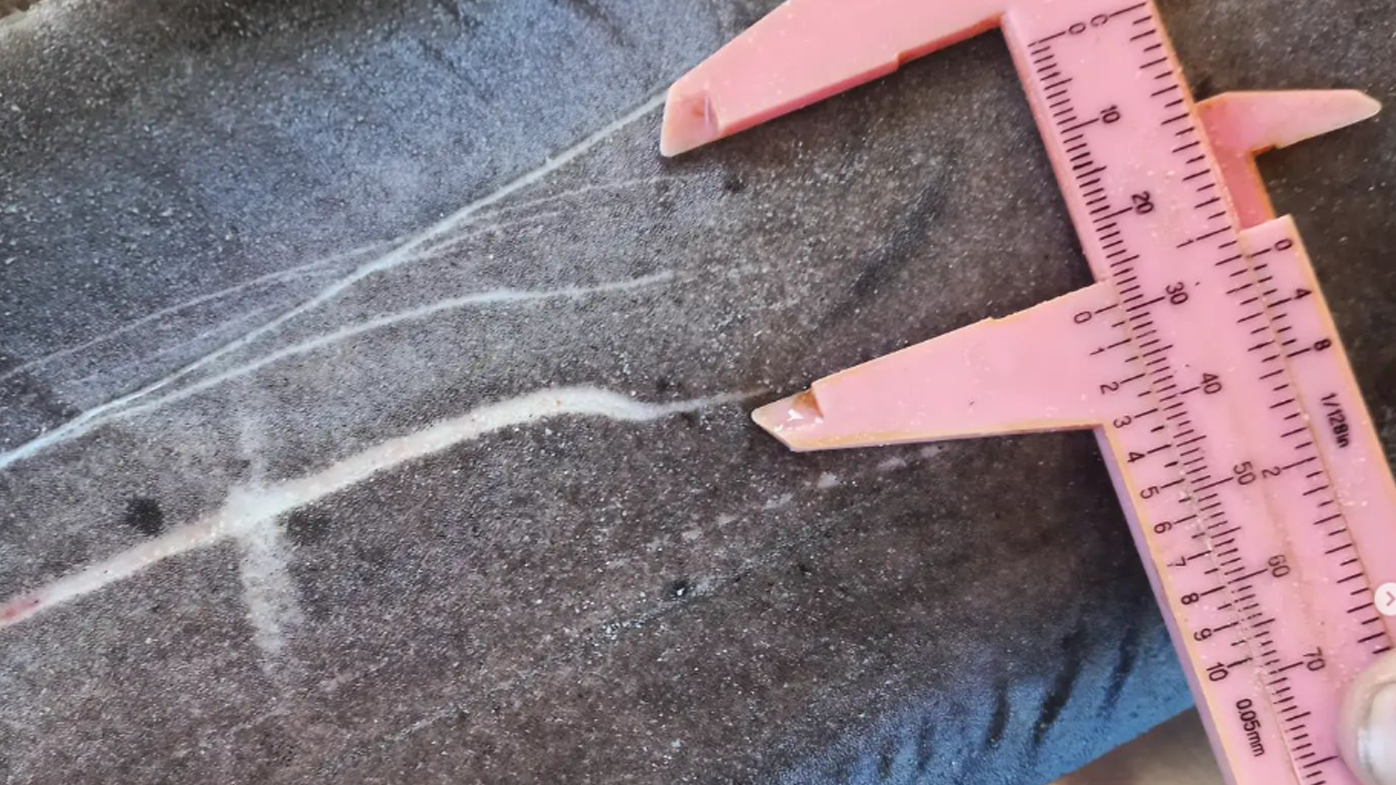
It is believed the orcas are targeting shark livers as they are "packed with nutrition".
While the latest killing spree has broken records, it's certainly not the first for Port and Starboard.
A 2022 paper, published in African Journal of Marine Science, found great white sharks had fled parts of the same coast after being terrorised by the orcas.
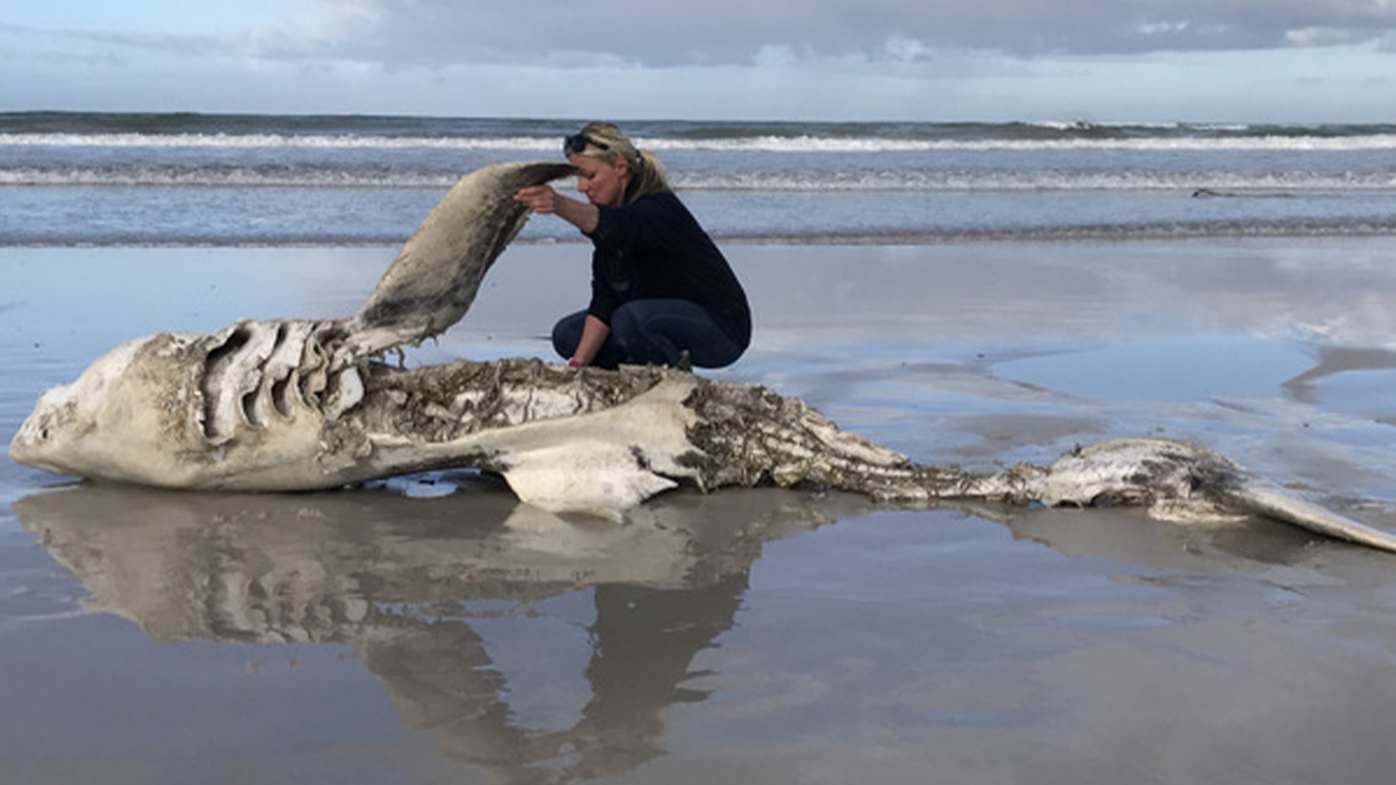
At the time the paper was published, eight dead great whites had washed ashore since 2017.
Of these, seven of them had their livers removed, while some had their hearts removed too.
In August 2022, the body of another great white washed up on Hartenbos, in Mossel Bay.
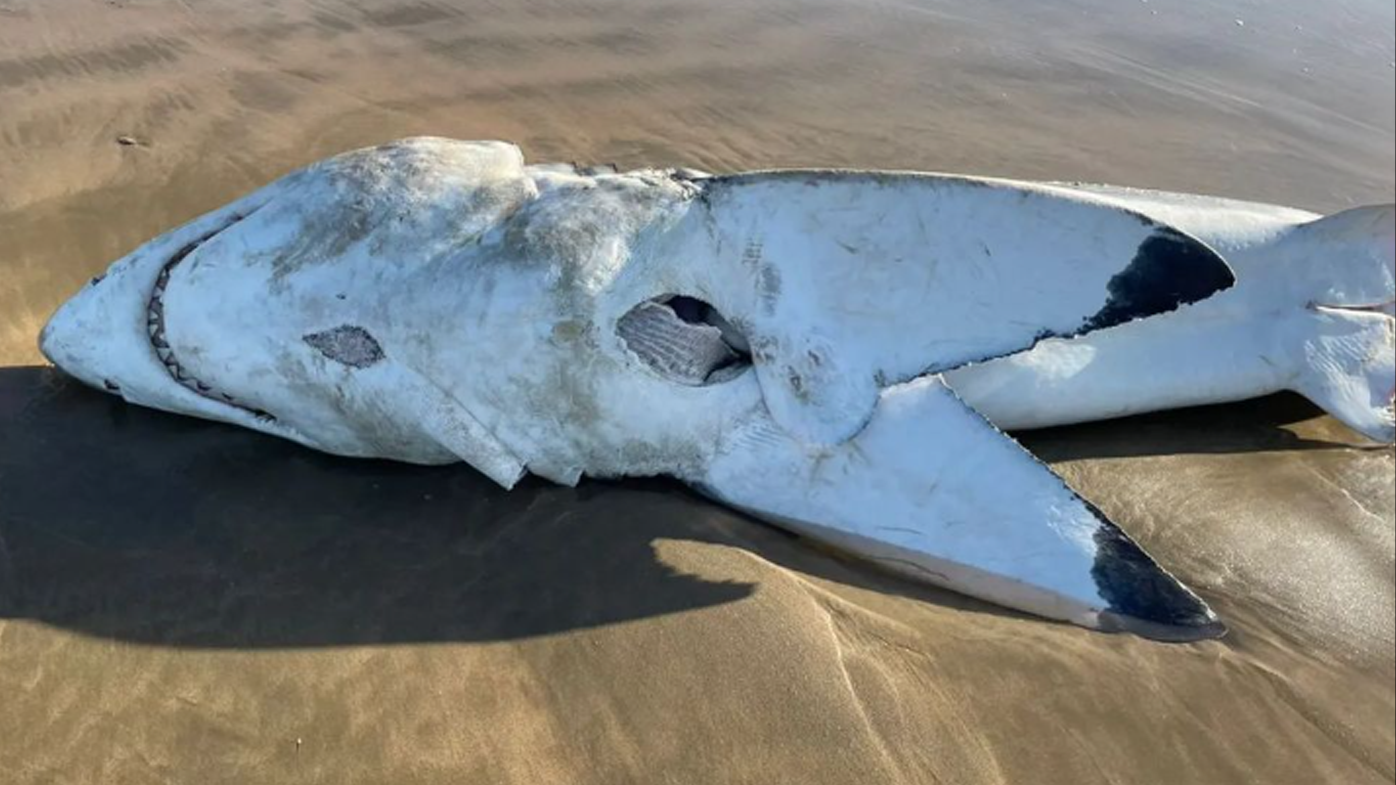
The orcas are believed to be members of a rare shark-eating morphotype.
Months after the paper was published, rare drone video was released showing a small pod of orcas launch a targeted attack on a great white shark.
Towner was unware the behaviour she had been studying had been captured on film.
"(It's) one of the most incredible pieces of natural history ever captured on film," she said.
